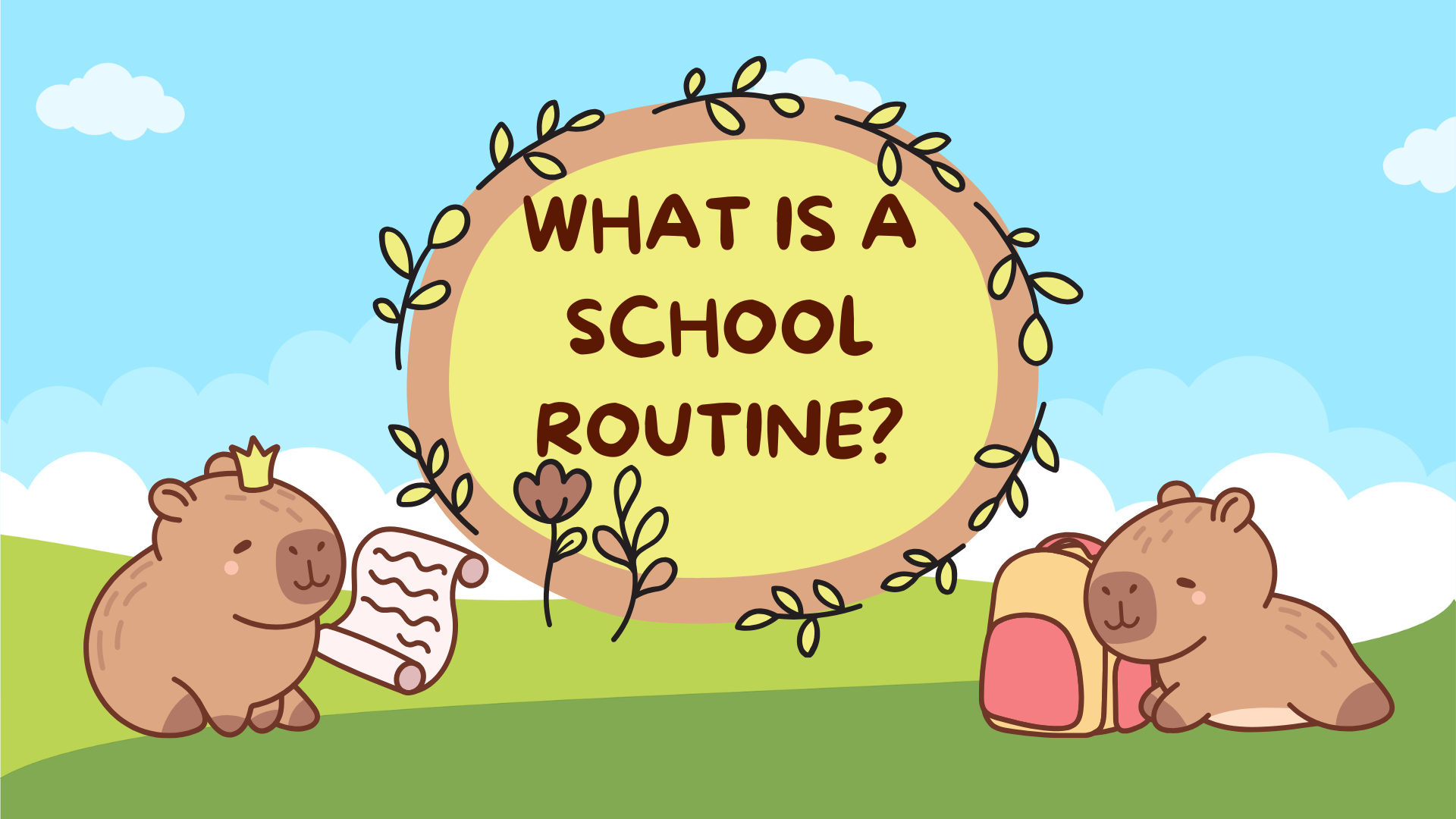
9 Best Advantages Of Field Trip For School Students
Over the years, several studies have been conducted to analyze the effects of field trips on students. And with each study, the advantages of field trip have become more evident.
In a time when schools aim to provide skill-based education to breed a generation of well-rounded individuals, field trips play a crucial role in bringing about the desired outcome. Bridging the gap between classrooms and real-world knowledge, a day excursion teaches more than any textbook could ever do.
A study found that students developed positive feelings towards a topic after their field trip. Another study highlighted that exposing students to new experiences through field trips ignites their interest and supplements their engagement in the subject irrespective of their prior stance towards the topic.
All these studies call attention to the importance of field trips in the modern education system. Let us dig deep into the subject and find out how field trips alter the learning experiences and what are the advantages of field trip?
Advantages of field trip
Researchers always back the idea of creating an out-of-the-school learning environment for the benefit of students. Here is how a field trip positively enriches learning journeys-
It spurs engagement
The lessons given behind the closed doors of an institute spell monotony. Irrespective of how interesting the topic is, students get bored with the lessons at a point and fail to imbibe any knowledge. On the other hand, field trips spur engagement. There’s nothing like a field trip to get students asking questions and excited to learn more.
Trips to places like art galleries, industries, museums, historical monuments, parks, etc., allow students to observe the subject through a different lens. The thrill of discovering unfamiliar environments keeps students actively involved in the learning process.
1. It enables hands-on learning
Field trips facilitate learning by experiencing. Industrial visits provide students with firsthand insight into the complex processes involved in large-scale operations. When they visit an art museum, they see the art with their eyes. Being physically present in the environment enriches their learning experience.
These experiences get etched in their memories forever. They get a better understanding of the subject, which stays with them for a lifetime.
2. It encourages well-rounded development
Out-of-the-school education allows students to learn in a new setting and environment. When students break free from conventional learning methods, even if it is just for a topic, they also adopt other skills, such as adaptability and several mental, physical, and emotional skills, contributing to their rounded development.
3. It fosters curiosity
Field trips allow students to walk through unexplored territories. They get to experience something new, which boosts their curiosity. It affects their overall learning experience by making it more immersive and rewarding.
4. It offers exposure
Field trips let students meet and interact with people from a variety of cultures and walks of life. These interactions cement a better understanding of diverse cultures and traditions. They become socially and culturally aware and learn to respect diversity.
Moreover, as they become more aware of the world around them, they become more tolerant and empathetic.
5. It encourages teamwork
Field trips often incorporate activities that require students to work in teams. It fosters better understanding and teamwork between students.
As they work in a group, it boosts their communication, collaboration, leadership, and problem-solving skills. All these social skills help students sail through the challenges of personal and professional lives.
6. It boosts self-confidence
Sometimes field trips put students into situations that test their resilience and confidence. They make students break the barriers.
Field trips involving outdoor activities sometimes make students push boundaries. They develop the ability to adapt to unexpected situations with composure and resilience. The way they handle unforeseen challenging situations makes them more confident and reliable.
7. It promotes overall wellbeing
Indulging in any new and exciting activity has several psychological and emotional advantages. Field trips allow students to break their monotonous routines and step into something new. They explore new places, come across new cultures, meet new people, and have a good time with their peers. All these things promote physical, mental, and emotional well-being.
8. It helps flourish a healthy bond between teacher and students
Field trips let teachers break out from the formal setting of the classroom and interact with students in a relaxed setting. It provides both students and teachers with an opportunity to strengthen their bond.
Exploring a new place together in an informal setting lessens the strain on the often strict relationship between teachers and pupils. The hearty interactions pave the way for strong bonds. In most cases, field trips act like icebreakers between teachers and students.
9. It inspires learning
“Learning is not a one-time event but a lifelong experience.”- Jack Welch.
Once students set their feet into this beautiful world, they become learners and explorers. Field trips set these explorers free.
The meaningful experiences and memories created during field trips inspire students to perpetually discover the world. Learning new things, finding new destinations, reading about new cultures, gathering trivia, and exploring new topics and subjects become their passion.
They grow, learn, understand, discover, and explore the world through field trips. And, once they pass out of their schools, they refuse to let go of the explorer inside them.
The bottom line
The importance of field trip in the lives of students cannot be denied. By making students step out of their classrooms, field trips bring learning to life. They furbish real-world experiences, encourage the development of essential life skills, and spark interest in academic subjects through practical learning.
Field trips not only elevate academic outcomes but facilitate holistic education. Moreover, it blesses students with memories of a lifetime.







